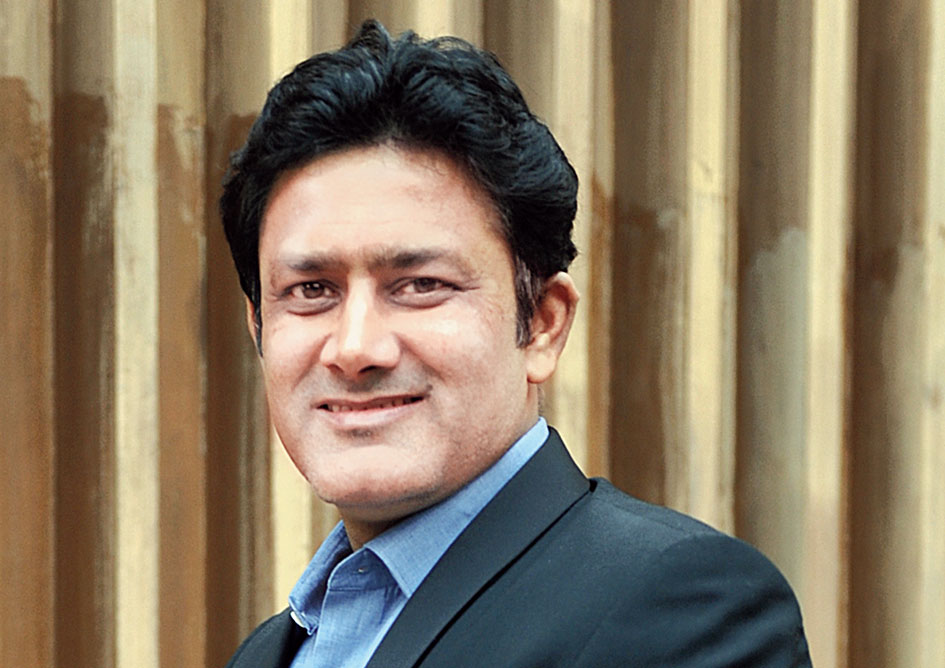The high-profile cricket committee of the International Cricket Council (ICC), headed by Anil Kumble, will meet via video-conference on Monday to discuss the way forward in the aftermath of the Covid-19 pandemic.
According to The Telegraph’s sources, the medical committee is also expected to join in the deliberations over the use of saliva and sweat on the ball. The cricket committee will be briefed about the procedure on outdoor practice and quarantine facilities for the players while on tour.
The use of saliva and sweat has been a raging topic in cricket circles since the outbreak of the coronavirus and whether its use can pose health hazards to the players.
Keeping one side of the ball shiny with the help of saliva is deemed essential to help produce swing for the fast bowlers. Australian manufacturers Kookaburra are believed to have developed a wax applicator that could be used to shine balls without using saliva.
The medical panel, chaired by Dr Peter Harcourt, had discussed the dangers of using saliva to polish the ball during the chief executives’ committee meeting last month.
Besides Kumble, the cricket panel includes Andrew Strauss, Mahela Jayawardene, Rahul Dravid, Tim May, Mickey Arthur, Ranjan Madugalle and Shaun Pollock.
“Whatever modification is necessary will be done on a temporary basis. It will not really mean changing the laws,” someone in the know of things told this newspaper.
The England and Wales Cricket Board has already laid down the rules as English players get ready to begin their preparations next week.
The players reportedly will be handed a box of balls each for their individual use and can’t apply saliva on them. The balls will remain in their kit bags when not in use.
The ICC has also decided to hold its board meeting on May 28 via video conference to chalk out the roadmap and plan its strategy. Former captain and Board of Control for Cricket in India president Sourav Ganguly will attend the video conference. The meeting is likely to throw some light on the possibility of hosting the T20 World Cup in Australia in October-November.
The option of having the tournament behind closed doors or shifting it to 2022, in case of rescheduling, will also be discussed. What has turned out to be a major headache for the organisers is the huge cost involved as part of quarantine arrangements for 16 teams, its support staff along with other stakeholders.











